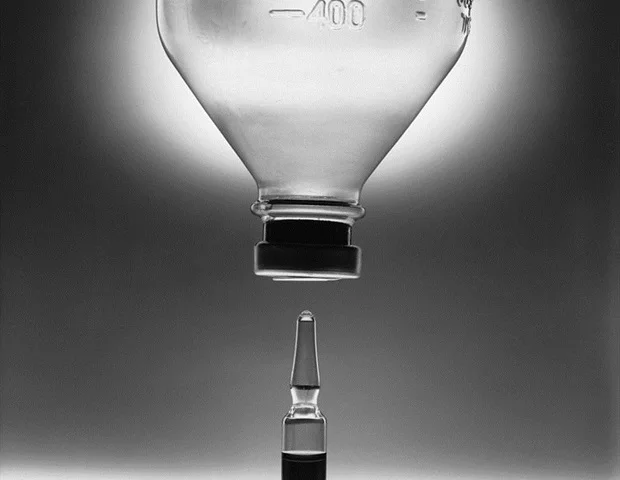
Dr. Mohamed Elgendy: Understanding the Metabolism of Cancer Cells
Rapid growth of tumor tissue and metastasis formation are major problems of cancers. Cancer cells use a higher amount of energy than normal body cells and therefore undergo a metabolic reprogramming. Cells usually use oxygen respiration for energy generation, while cancerous cells ferment glucose even in the presence of oxygen. This was first observed by Warburg in 1924 and is since known as the "Warburg hypothesis".
More recent work however highlights that cancer cell metabolism is more heterogeneous than anticipated. Dr. Mohamed Elgendy investigates the underlying molecular mechanisms of cancer metabolism. He also is interested to elucidate how cancer cell metabolism changes during chemotherapy and if this is possibly contributing to drug resistances.
Project: ONco-Energetics_OFF - Dissection of Bioenergetic Plasticity of Tumors.
Partners: Faculty of Medicine: Medizinische Klinik und Poliklinik I, Institut für Klinische Chemie und Laboratoriumsmedizin, Mildred Scheel Early Career Center
Expected start: 1.3.2020
Information and contact details: https:/
Prof. Julia Hauer: Tracing the Development of Childhood Leukemia
Acute lymphoblastic leukemia (ALL) is the most common type of childhood cancer and it remains a major cause of death in children aged 2-6 years in high-income countries. Genetic predisposition and exposure to infection, as a potential trigger for the development of childhood ALL was theorized a century ago with several possibilities of exposure to infection in infancy.
Consequently, the overall objectives of PreventALL is to systematically analyze postnatally the genetic risk to develop ALL and to decipher the infectious mechanism by which exposure to infection causes ALL. This opens a new horizon for the understanding of leukemia etiology and foster innovation in the development of novel preventive strategies such as diet supplementation or vaccination.
Project: PreventALL - Prevention of childhood Acute Lymphoblastic Leukemia immunology links oncology.
Partners: Faculty of Medicine, Department for Pediatric Oncology and Haematology
Expected start: 1.2.2020
Information and contact details: https:/
Dr. Renhao Dong: 2D Materials for Novel Electronic Components
Why think three-dimensionally when it works better with 2D? In his research project at the interface between Chemistry, Materials Science and Physics Dr. Renhao Dong aims to develop single- and few-layer magnetic (semi-)conductive C2DMOF films/nanosheets and accomplish electronic/magnetic structure engineering for functions in electronics and spintronics. As the key achievements, it is expected to establish novel electronic/magnetic structures and general synthesis strategies, delineation of reliable structure-transport relationships and superior device performance of C2DMOFs.
Project: C2DMOF - Development of Functional Conjugated Two-Dimensional Metal-Organic Frameworks
Partners: Faculty of Chemistry and Food Chemistry / Chair of Molecular Functional Materials (TU Dresden); Center for Advancing Electronics Dresden (cfaed)
Expected start: 1.2.2020
Information and contact details: https:/
ERC grants at TU Dresden
The European Research Council (ERC) funds innovative projects by leading researchers at all career levels. There are currently 21 ongoing ERC Grants at TU Dresden. 7 of these are Starting Grants for early-career scientists. TUD researchers have received a total of 48 ERC Grants since 2008.
Technische Universität Dresden






No comments
Post a Comment